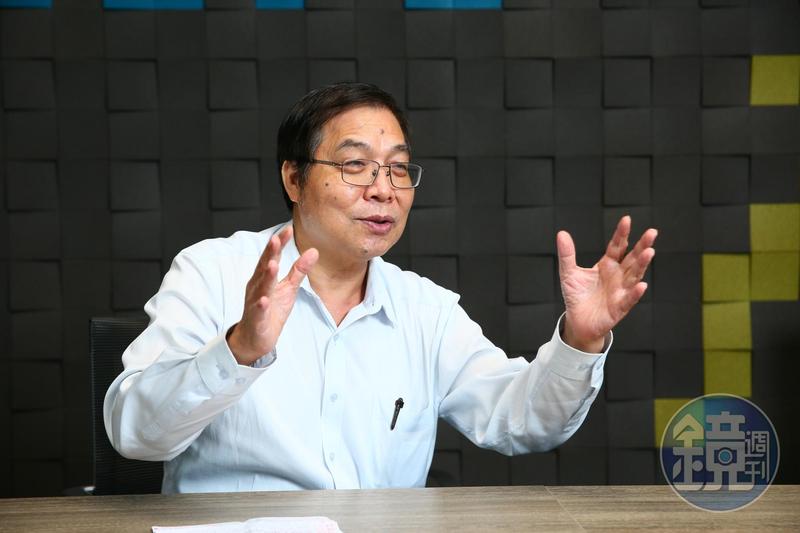
Globally, approximately 75% of offshore wind farm developments rely on project financing for fundraising, and as a result, the successful completion of financing agreements, known as "Financial Close," will significantly impact the success and construction timeline of wind farms.
TRE(Taiya Renewable Energy) successfully secured the wind farm development rights and was allocated 440 megawatts (MW) on the 3.1 auction. However, before demonstrating the capability of local Taiwanese companies in offshore wind farm development, TRE must first navigate through the critical phase of project financing.
Richard Liu, the general manager of TRE conveyed, "Currently, among the visible offshore wind developers, except for a few, perhaps one or two companies, that can rely on their parent companies to provide guarantees for bank loans, the rest primarily resort to project financing. In fact, project financing is a common practice in the development of wind farms abroad. As for the funding required for an offshore wind farm, developers typically contribute around 30%, and the remaining 70% of the funds need to be raised through project financing."
Regarding the Taiwan offshore wind market, Liu pointed out that project financing for offshore wind farm projects in Taiwan is mainly led by foreign banks, accounting for approximately 70%. Reflecting on past experiences, there have been around 25 foreign banks willing to participate in project financing for Taiwan's offshore wind farms, while domestic banks number approximately 8 to 10. It is noteworthy that, generally, state-owned banks typically only lend to developers who can provide collateral.
Perhaps the government has also taken note of the relatively limited participation of state-owned banks in offshore wind power project financing. During the previous cabinet reshuffle, President Tsai Ing-wen specifically appointed former Vice Premier Shen Jong-chin, who had significant involvement in offshore wind power industry policies, to take over as Chairman of Taiwan Financial Holdings, with the hope of leveraging the "financial industry supporting the industry" effect. Regarding this development, Liu believes that whether state-owned banks will change their approach in the future under Shen Jong-chin's leadership is something to look forward to and observe. After all, it's essential to remember that Shen Jong-chin is at the helm of a financial holding company, not a bank itself. The actual financial muscle lies with Taiwan Bank, and the extent of its influence remains to be seen over time.
Liu expresses eager anticipation, stating that state-owned banks currently provide relatively low loan amounts to offshore wind developers, and there is ample room for the eight major state-owned banks to assist developers in their growth efforts. In addition to these banks, there is another public institution with substantial financial resources, which is Chunghwa Post. Chunghwa Post holds nearly 9 trillion New Taiwan Dollars(NTD) in funds, half of which must be deposited with the Central Bank, while the other half is available for investment and other purposes. Historically, these funds have been primarily used to purchase government bonds, offering low returns on investment. However, if these funds could be directed towards national infrastructure projects like offshore wind power, it could result in a win-win or even multi-win situation. Nevertheless, this would require specific government approvals and adherence to legal regulations before implementation can proceed.
+886 2 2700 8588
